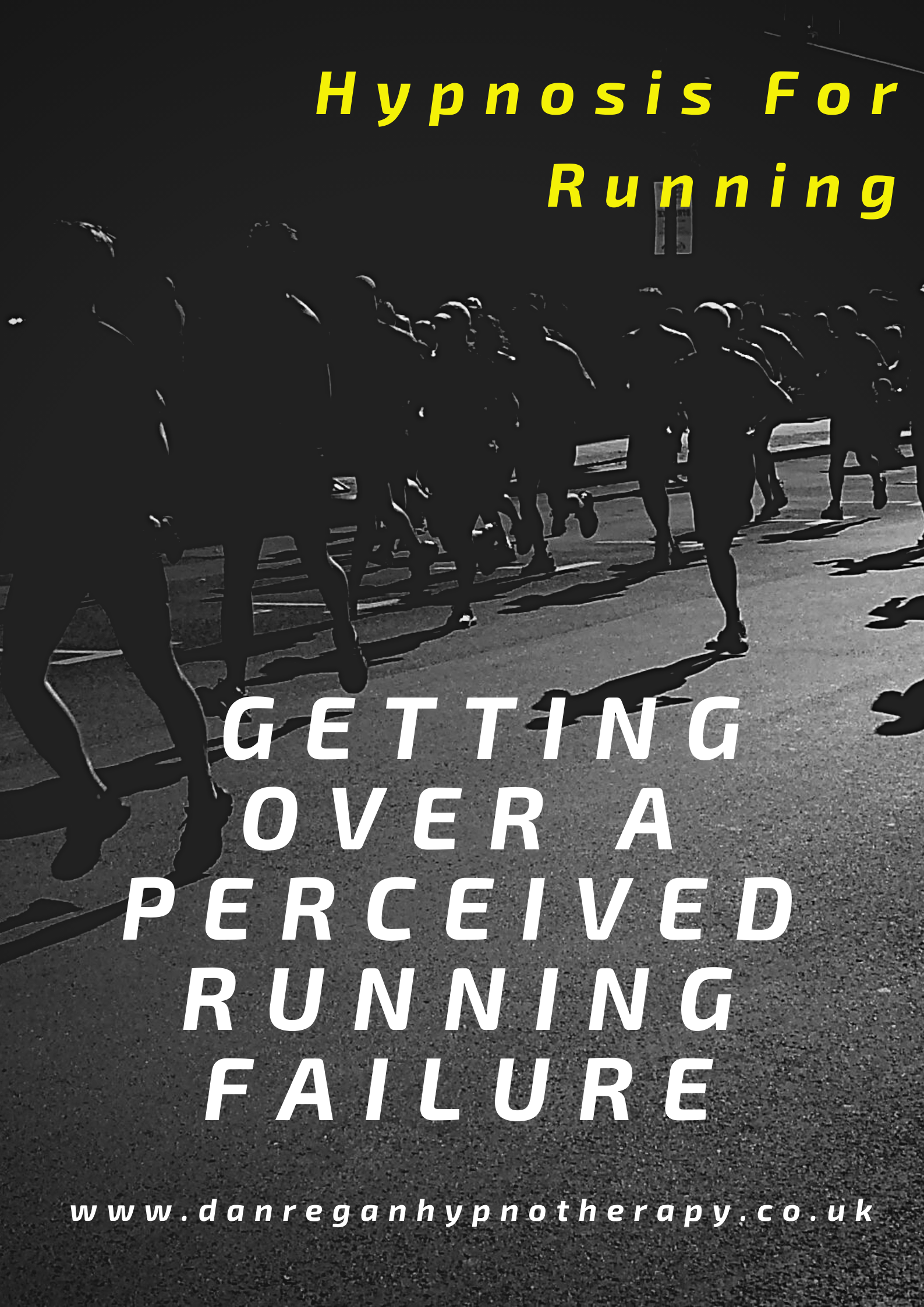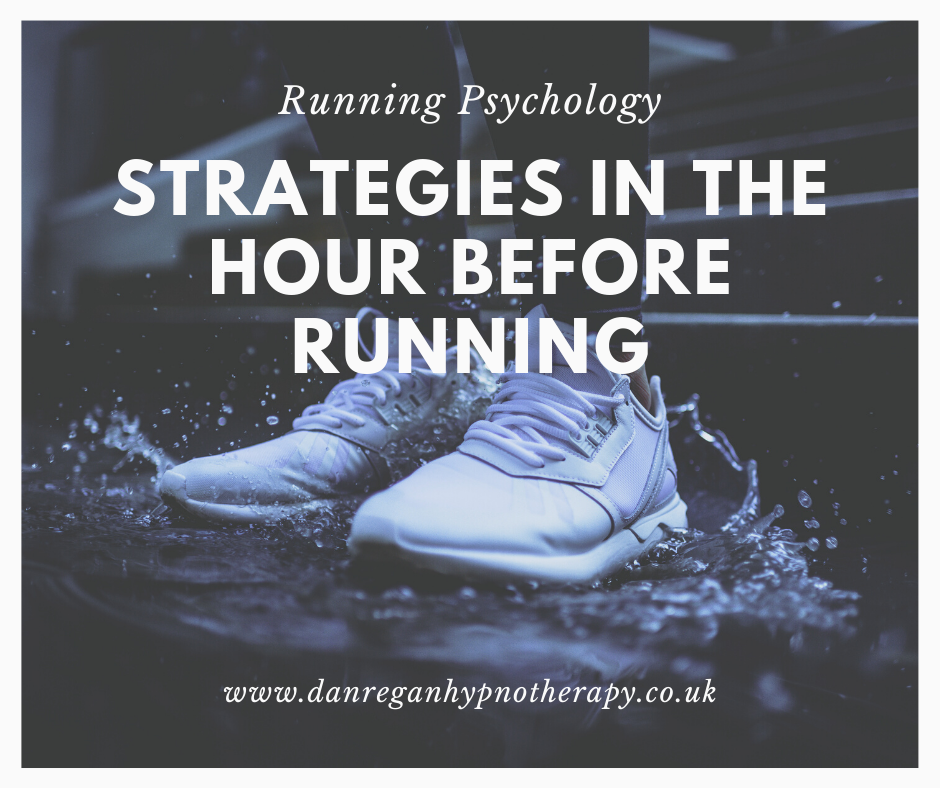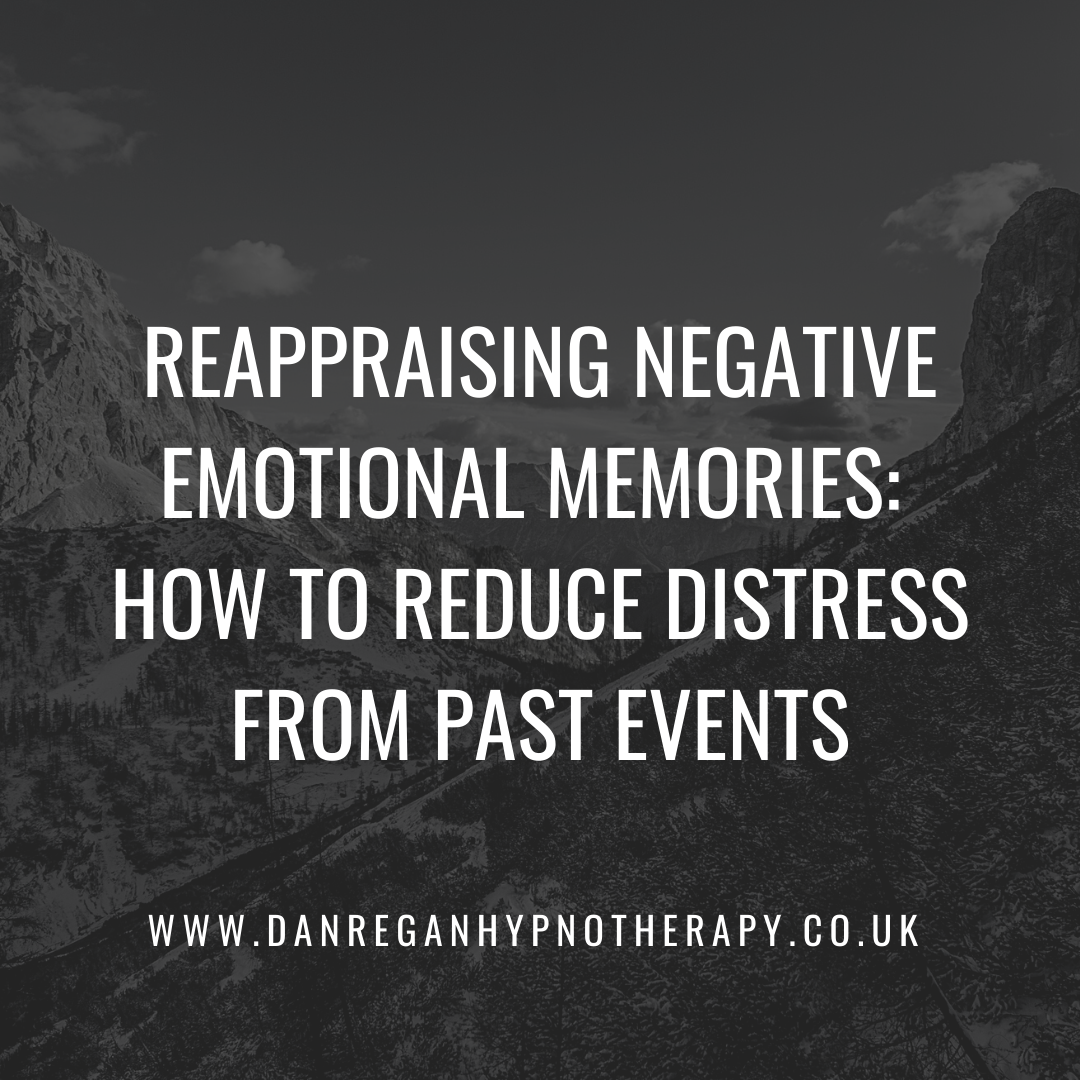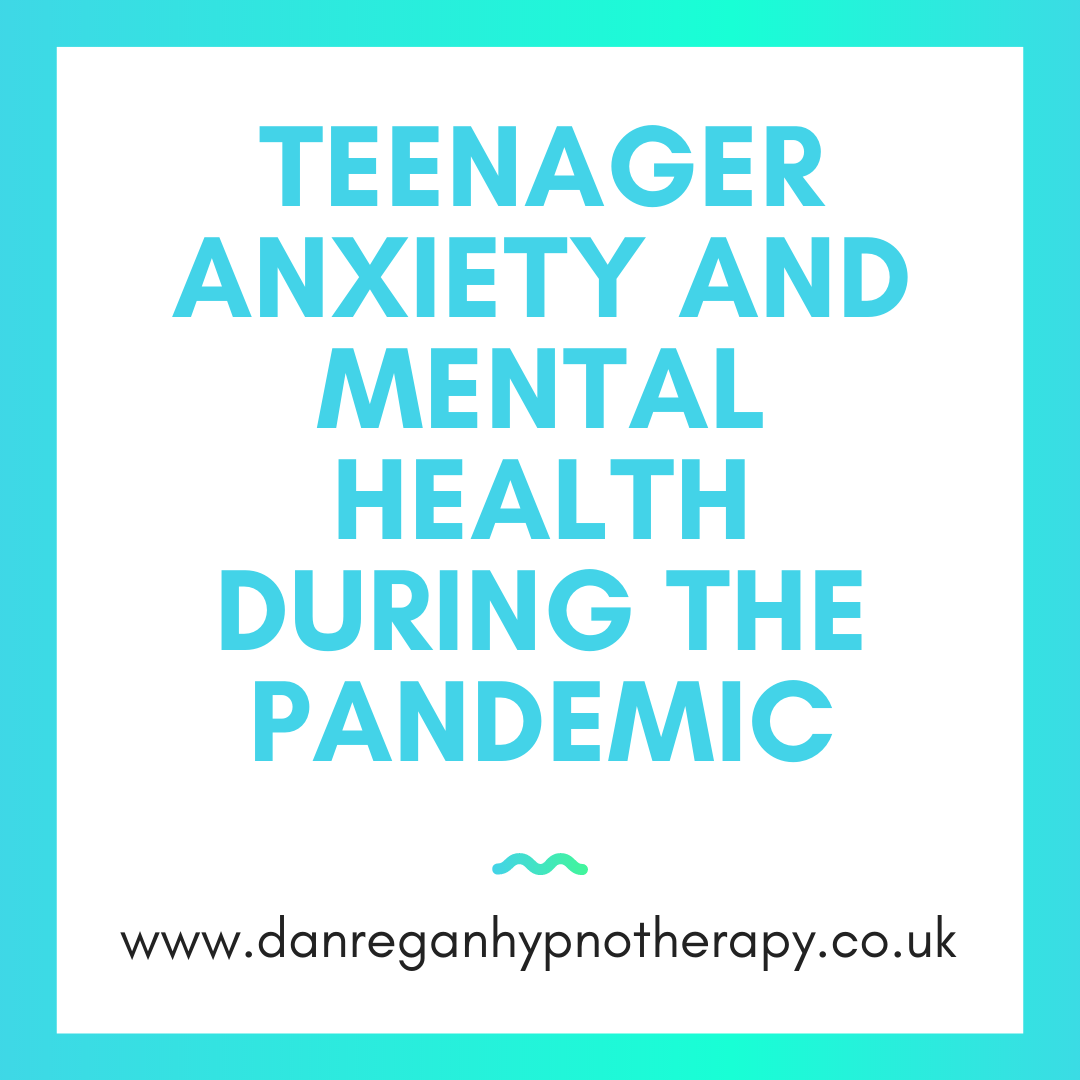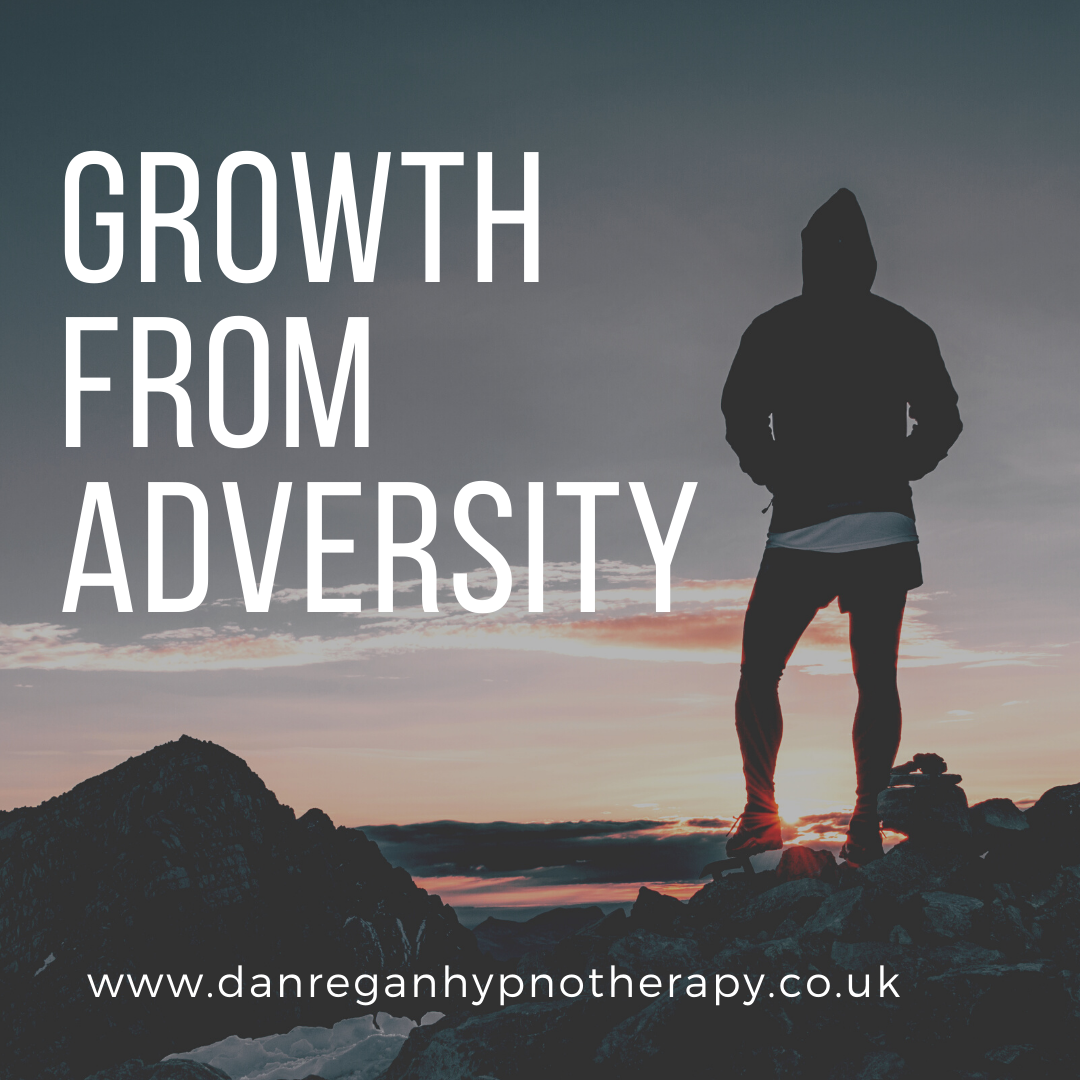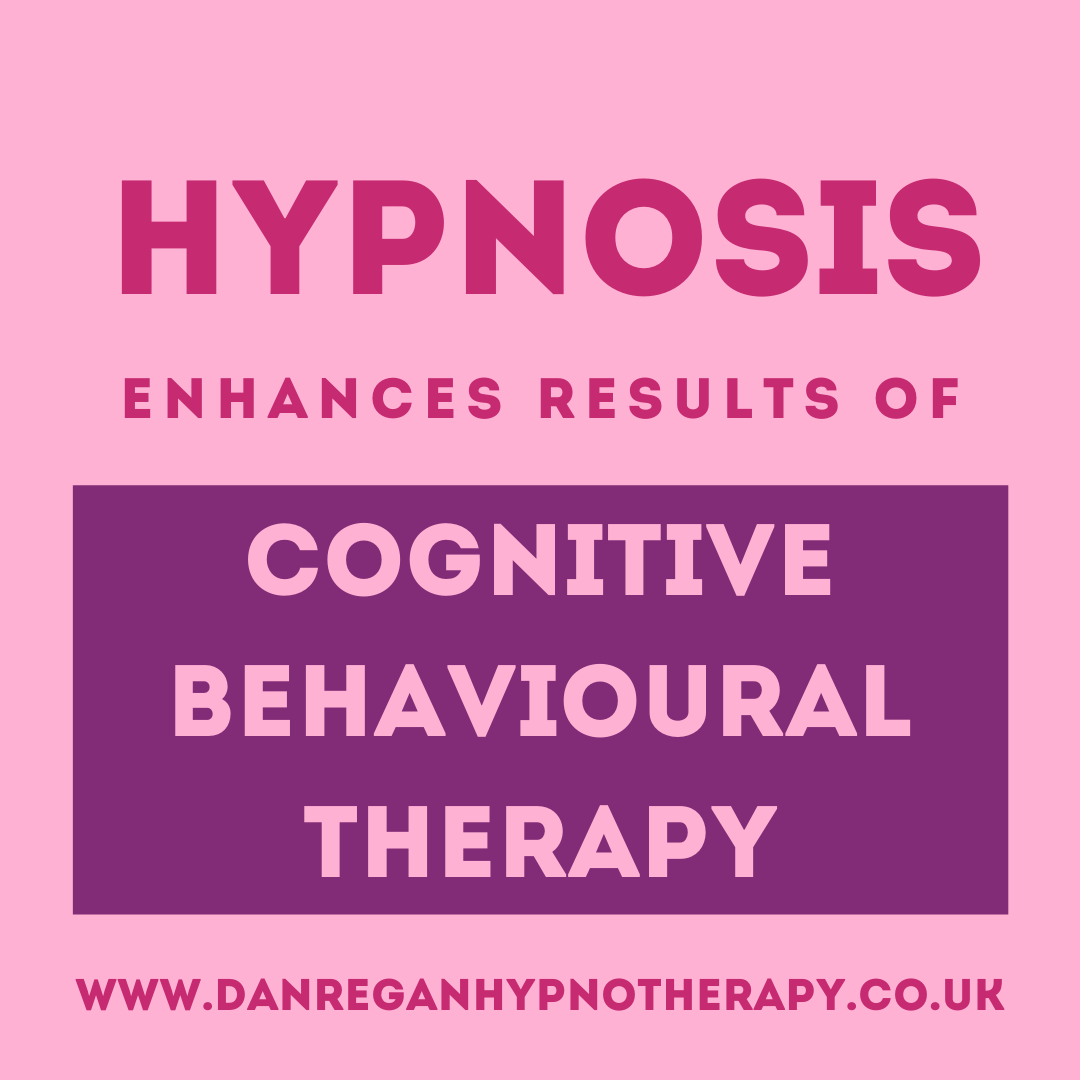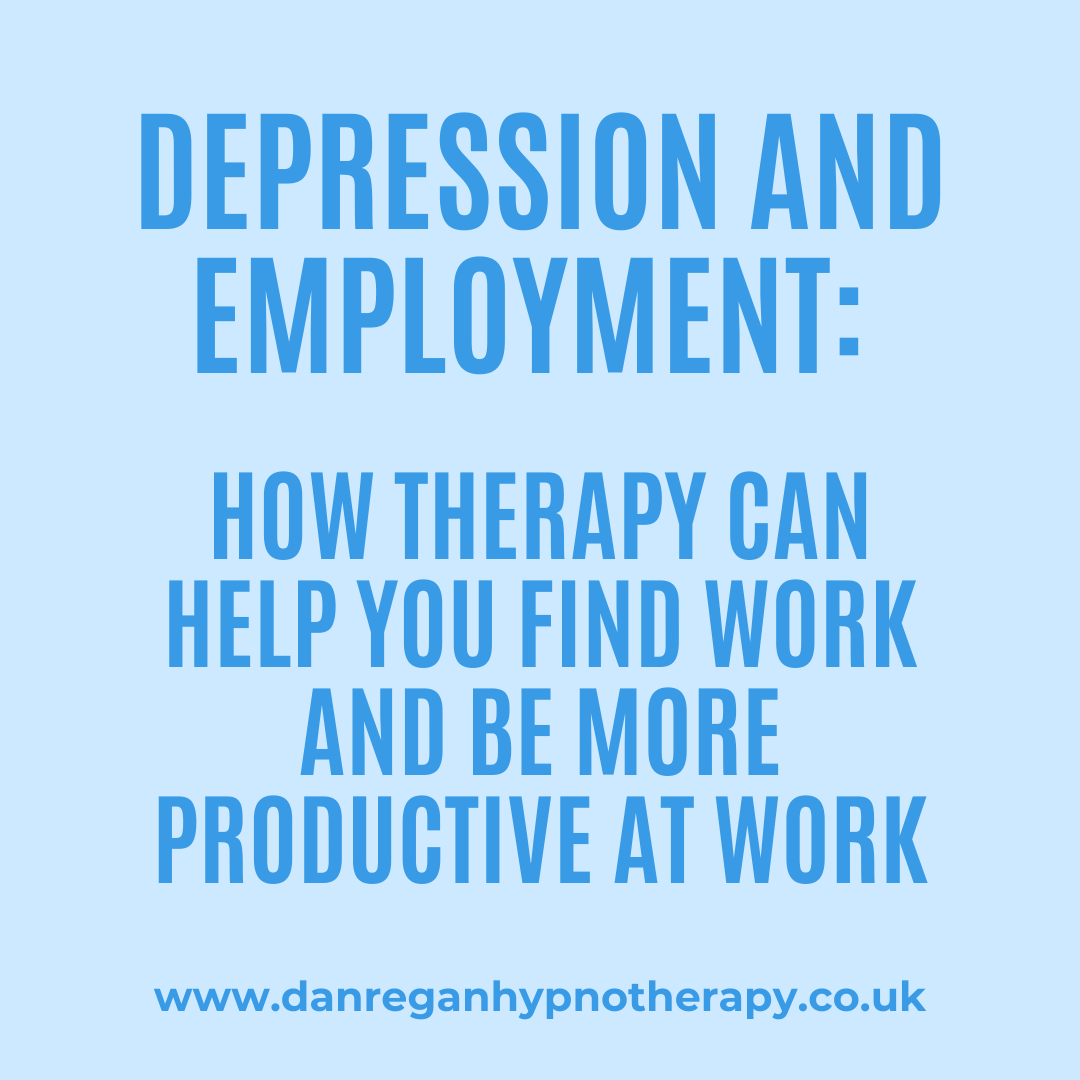Required
Hypnotherapy in Ely & Newmarket: Update on Restarting Face-to-Face Sessions
Hypnotherapy in Ely & Newmarket: Update on Restarting Face-to-Face Sessions
With the pandemic having lasted over a year now, and lockdown three itself having entered its third month, it’s great that things are finally looking more positive as we move through the year. My daughters are both back at school and doing well, bootcamp has restarted, we can now meet members of another household outdoors and finally (FINALLY!) the return of face to face sessions in Ely and Newmarket is on the near horizon.
It’s been a busy period for online hypnotherapy sessions and I’ve been busy helping people with issues such as anxiety, panic attacks, self-esteem, phobias, weight loss, confidence and much more. Hypnotherapy sessions by Zoom have continued to work effectively and my clients have enjoyed some outstanding results (for more on online hypnotherapy sessions read this previous article: The Effectiveness of Online Hypnotherapy: Skype and Zoom Hypnotherapy Sessions). Zoom hypnotherapy sessions continue to be an option if you live too far to travel to my office or if you just prefer it now that we’ve all got used to do much more online.
In accordance with the Government’s lockdown easing roadmap, face to face sessions can resume in Ely and Newmarket from 12th April 2021. I’ll be contacting anyone who carried over sessions from before the lockdown to arrange a new time to resume appointments. And if you are seeking successful face to face hypnotherapy sessions in Ely or Newmarket then get in touch and ask to arrange your free initial consultation so we can have a chat about working together to help you overcome your issues and feel better.


